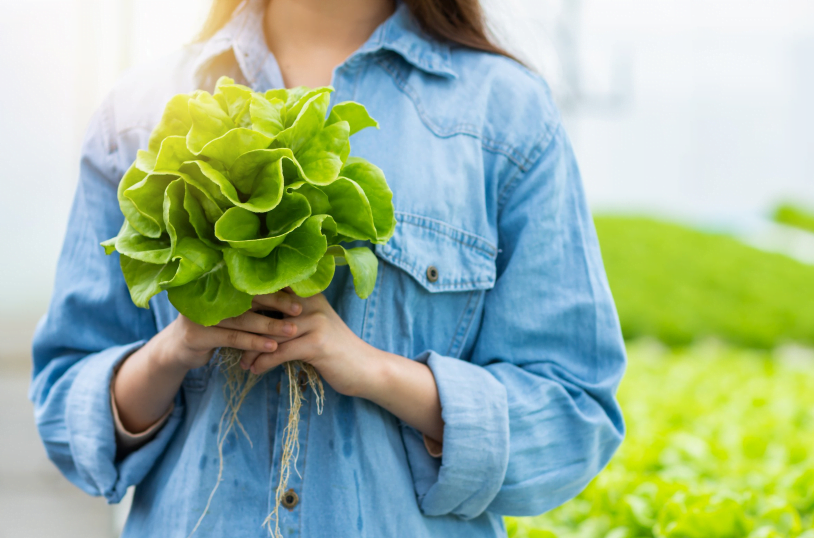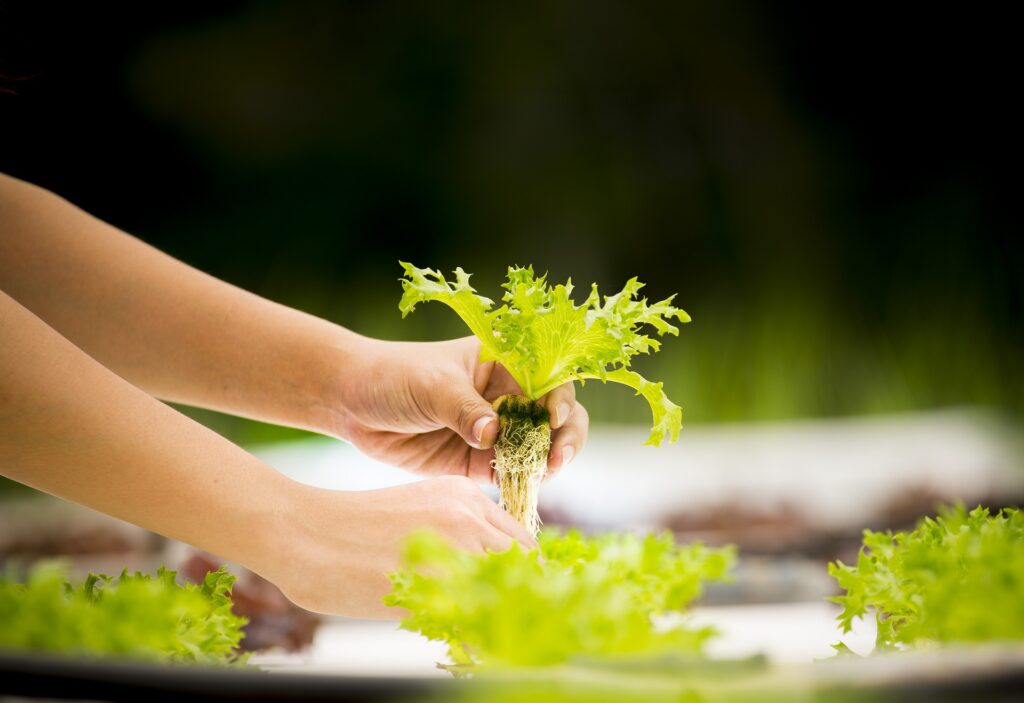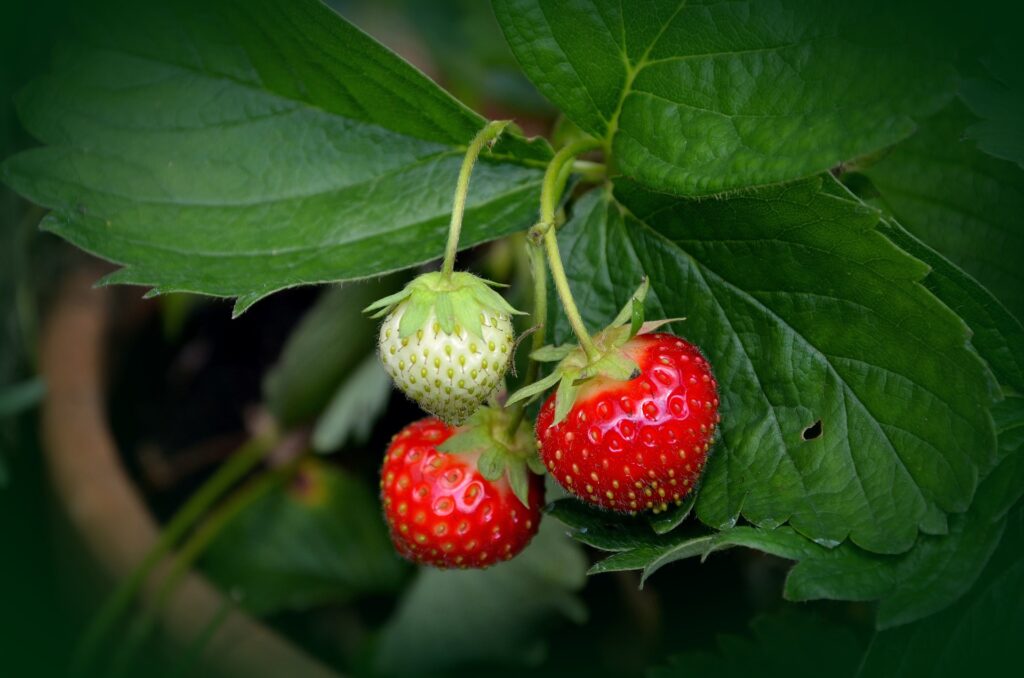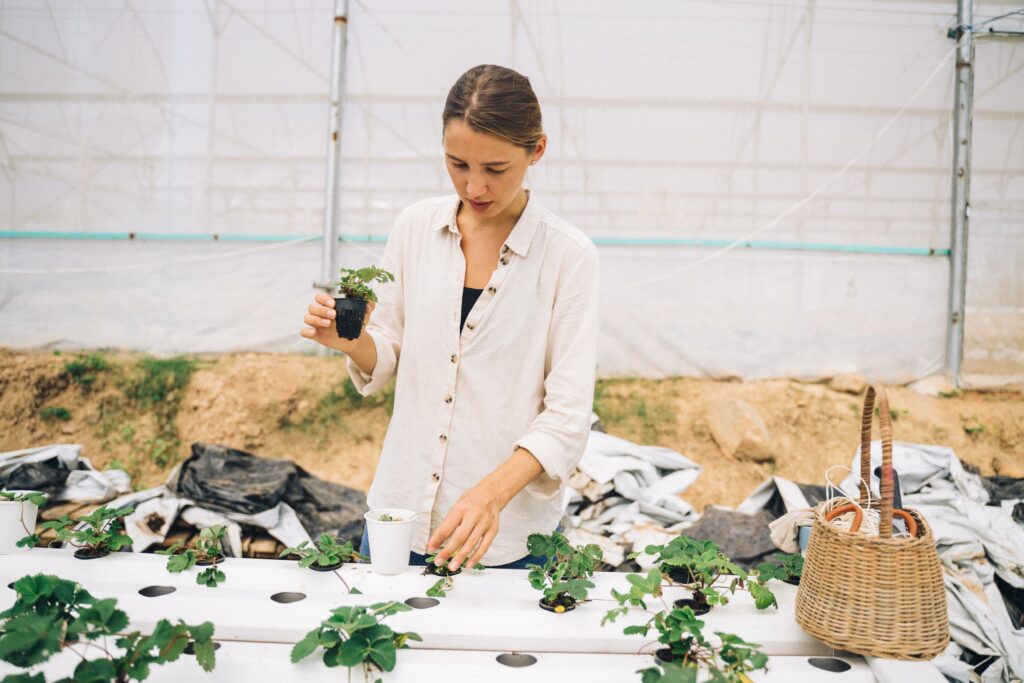There are all manner of gardening myths out there. One of the most prevelant is that coffee grounds will magically turn your tomato plants into fruit producing machines. But is there any truth to it?
As is the case in most things, there is a hint of truth here. The truth being that coffee grounds CAN be beneficial for your gardens if used correctly. However, the “little white lie” is that in pretty much every case, coffee grounds, when used for tomato plants are too acidic when used on their own.
This means that using coffee grounds directly in the soil will likely yield no benefits for your plants, and you could even ended up burning them and hurting your gardening efforts. So, what SHOULD you do???
How Do You Use Coffee Grounds For Tomato Plants
The answer is: compost! If you live in a typical home with a backyard, composting is one of the best things you can do for your tomato plants. But, where do the coffee grounds come in?
Composters LOVE coffee grounds. The reason for this is that coffee adds nitrogen to the pile, and it also helps things to really get cooking in there! If you’re not familiar with the fine art of composting, maintaining a suitable temperature in your pile is a real struggle for beginners, and the coffee helps, a lot.
So, if you really want to do your tomatoes a favor – get that compost pile going! Not only does it provide valuable nutrients and rich soil for your plants, but it’s a good way to cut down on waste. Food scraps, paper, and cardboard can be re-purposed for your garden.
Or, if you’re keen to try something.. a little different, take some time to learn about vermiculture. This is essentially composting with… worms! While not everyone is a fan of this method, it is a great way to utilize nature’s most helpful soil dwellers to get some really high quality soil for your garden.
It can also be a fun activity if you have young children to teach them about nature’s many fascinating processes and relationships that help us grow our food. You can also use the baby worms you breed as fishing bait, or to feed other animals you may have in your home like turtles, birds, and lizards. (Here’s how to make a worm composter using a rubbermaid bin!)

Bob learned about farming from his grand dad. So, the decision to leave the city and start homesteading was not a difficult transition. He now lives with his wife and two kids on their 30 acre property in Ohio.



